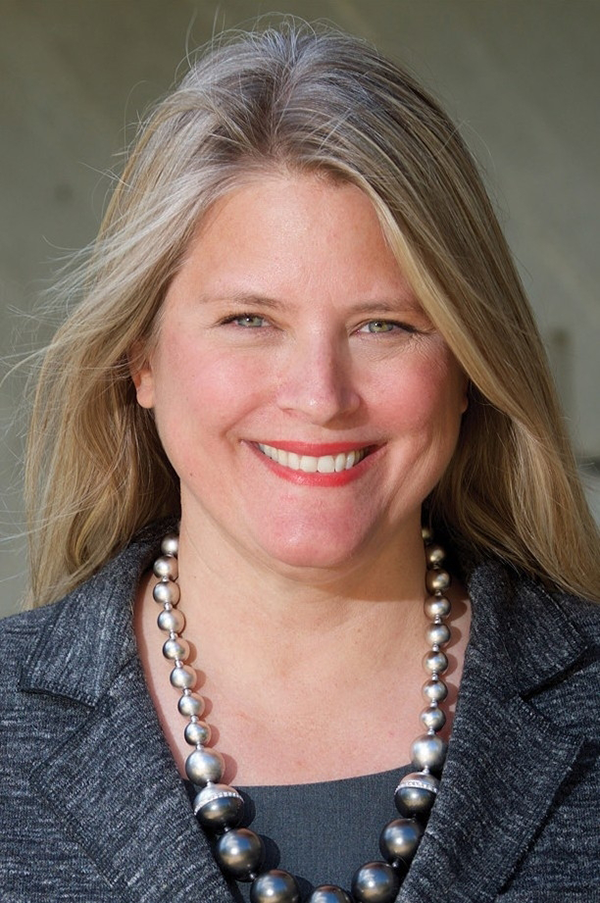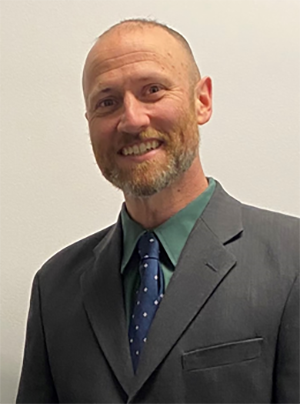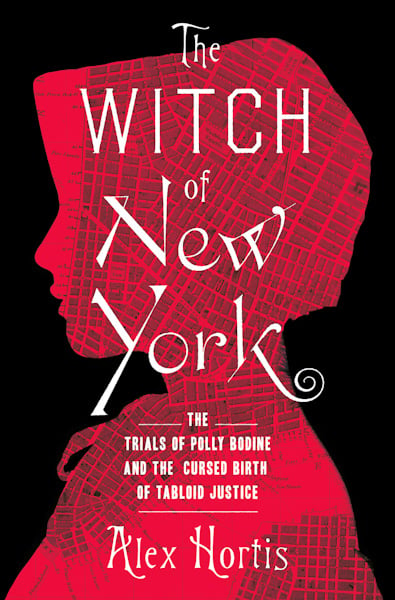Free litigation training for attorneys who represent domestic violence survivors is available through the ABA

Image from Shutterstock.
Less than a year ago, Cory Gordon became a staff attorney at the Alaska Network on Domestic Violence and Sexual Assault.
Gordon was new to the area of law and the courtroom, and as she prepared to represent survivors at trial, she decided she needed to strengthen her skills. She heard about the ABA Commission on Domestic and Sexual Violence Trial Skills Institute and registered immediately.
 “I got so much out of it,” says Cory Gordon of the Alaska Network on Domestic Violence and Sexual Assault, who attended the June session.
“I got so much out of it,” says Cory Gordon of the Alaska Network on Domestic Violence and Sexual Assault, who attended the June session.The four-day training, which was offered virtually in June, helps attorneys who represent survivors of domestic violence improve their advocacy and litigation skills. Participants act as counsel for a party in a hypothetical case involving domestic violence and develop theory, opening statements, closing arguments, direct examinations and cross-examinations. They also work on other skills, including laying the foundation for exhibits.
During the training, which is based on the National Institute for Trial Advocacy’s teaching model, each participant performs a skill and receives immediate feedback from a faculty of longtime litigators and advocates for domestic violence survivors. The next session will be offered via live Zoom in August, and registration closes on July 28.
“I got so much out of it,” says Gordon, who was joined by more than 50 participants from 13 other states and Washington, D.C. “The trainers have so much experience. It was great to be with people who help survivors, and it was great to learn together with that group. We all had questions about things we have all experienced in this field.”
 Amy Halbrook, a Trial Skills Institute instructor, says participating in the program helps litigators develop higher-level strategies to advocate for domestic violence victims in court.
Amy Halbrook, a Trial Skills Institute instructor, says participating in the program helps litigators develop higher-level strategies to advocate for domestic violence victims in court.Amy Halbrook, the associate dean for experiential learning at the Northern Kentucky University Salmon P. Chase College of Law, has been on the faculty several times. She says the institute includes theory and practice, both of which help participants develop higher-level strategies to zealously advocate for their clients.
“We need highly skilled and confident attorneys in domestic violence court,” Halbrook says. “Their competence improves the standard of practice in our courtrooms and secures better outcomes for survivors.”
Meeting the need
The Commission on Domestic and Sexual Violence—with funding from the U.S. Department of Justice’s Office on Violence Against Women—offers the Trial Skills Institute and other domestic violence litigation training for free. The commission prioritizes Office on Violence Against Women grantees and attorneys at legal services and nonprofit organizations that could be grantees. If there are open seats, it also accepts other attorneys who represent survivors in gender-based violence civil cases.
Roseline Guest, an assistant attorney general in the Domestic Violence & Special Victims Section at the Office of the Attorney General for the District of Columbia, has been a faculty member multiple times. Guest, who comes from a nonprofit background, says one of the training’s most important aspects is it caters to attorneys who may not otherwise be able to afford it.
“It’s very hard to get trainings that give you the information you need, the resources you need, the place you want to be in terms of your litigation skills when you’re on a nonprofit budget and you’re just trying to stay open,” Guest says.
 In domestic violence cases, “ethics questions are different and hard, and the judges come at you with a different attitude,” says Alicia Aiken, a longtime Trial Skills Institute faculty member. Photo by Jeremy Lawson.
In domestic violence cases, “ethics questions are different and hard, and the judges come at you with a different attitude,” says Alicia Aiken, a longtime Trial Skills Institute faculty member. Photo by Jeremy Lawson.Alicia Aiken, another longtime Trial Skills Institute faculty member, is the director of the Danu Center for Strategic Advocacy’s Confidentiality Institute, which helps professionals protect the privacy of survivors. She says the commission also meets another significant need in the field because traditional trial trainings rarely involve a domestic violence or sexual assault case.
“Representing domestic and sexual violence survivors is absolutely a specialty,” says Aiken, who is based in Evanston, Illinois. “You have to be a really excellent trauma-informed lawyer, and you have to think about client privacy and confidentiality in a heightened way. Ethics questions are different and hard, and the judges come at you with a different attitude. Attorneys have to be prepared to handle that.”
 Greg Jacomet says being able to watch other students attempt each skill adds to the value of the instruction. Photo by Kathy Carpenter.
Greg Jacomet says being able to watch other students attempt each skill adds to the value of the instruction. Photo by Kathy Carpenter.Greg Jacomet adds that not all attorneys learn strong litigation skills in law school either. Now a staff attorney at Legal Aid of West Virginia, he registered for the Trial Skills Institute because he felt he spent more time reading about legal principles than actually practicing them.
He was also a law student during the COVID-19 pandemic, which he believes severely disrupted his education.
The trial institute involved “a very short instruction, followed by just dropping you into the deep end,” says Jacomet, who notes that participants watch each other attempt each skill. “By the end, the last person does it perfectly. The andragogical gains they delivered in a couple hours beats three, four weeks sitting in a law school class.”
The Commission on Domestic and Sexual Violence will offer its next four-day training, Advanced Trial Skills Institute, on August 9, 11, 16 and 18. It aims to improve the litigation skills of attorneys who represent survivors of domestic violence in contested custody cases. Registration is open until July 28.
Visit the commission’s website for more information on all its trainings and webinars.



